Survivor Vs Victim Trauma
Why Language Matters: Embracing “Survivor” Over “Victim” in Trauma Recovery
Language is a powerful tool. The words we use to describe ourselves and others can shape perceptions, influence emotions, and impact the trajectory of healing. For individuals who have experienced trauma, the distinction between being called a “victim” and a “survivor” is more than a matter of semantics; it is a crucial element in the journey toward recovery and empowerment.
Understanding the "Victim" Label
The term “victim” is often used to describe someone who has suffered harm, whether from violence, abuse, or other traumatic events. While it accurately acknowledges the reality of what happened, the label carries connotations of passivity, helplessness, and ongoing vulnerability. These associations can inadvertently reinforce feelings of powerlessness and despair for individuals working through their trauma.
For some, identifying as a victim may initially feel validating. It acknowledges the injustice they endured and the gravity of their experience. However, staying in the “victim” mindset can hinder progress by focusing on the trauma’s impact rather than the individual’s capacity for healing and growth.
The Empowerment of the "Survivor" Identity
In contrast, the term “survivor” shifts the focus from what was done to an individual to their resilience and ability to endure. It emphasizes strength, agency, and the capacity for recovery. Adopting the survivor identity can have profound psychological benefits:
Reclaiming Power: Referring to oneself as a survivor reframes the narrative from one of victimization to one of empowerment. It highlights the individual’s agency in overcoming adversity.
Encouraging Growth: The survivor identity fosters a forward-looking perspective, prioritizing healing, personal growth, and the reclamation of one’s life.
Building Resilience: Identifying as a survivor can instill a sense of pride in one’s strength and resilience, which is essential for rebuilding self-esteem after trauma.
Fostering Community: The term “survivor” can create a sense of belonging among others who have endured similar experiences. It fosters solidarity and mutual support in shared journeys of recovery.
The Role of Clinicians and Support Networks
Therapists, counselors, and support networks play a pivotal role in shaping the language used during trauma recovery. By consistently referring to individuals as survivors, professionals can:
Model Empowering Language: Using affirming and positive language can help individuals adopt a more constructive self-view.
Promote Strength-Based Approaches: Focusing on strengths rather than deficits encourages clients to recognize their capabilities and potential.
Foster Healing Environments: Acknowledging someone as a survivor creates a space that prioritizes resilience and recovery over continued victimization.
It’s also important to respect an individual’s autonomy in choosing how they wish to identify. Some may find solace in the victim label during certain stages of their healing process, and that choice should be honored without judgment.
Challenges and Sensitivities
While “survivor” is often seen as a more empowering term, it’s not without challenges. Some individuals may feel that the term “survivor” implies they have “moved on” or “healed,” which might not align with their lived experience. For this reason, it’s crucial to approach the topic with sensitivity and offer space for individuals to define themselves on their own terms.
Conclusion
The shift from victim to survivor in trauma recovery underscores the transformative power of language. While the pain of trauma is undeniable, the words we use can help individuals move beyond their experiences, embracing resilience and reclaiming their agency. By fostering a survivor-centered approach, we affirm that healing is possible, strength can be cultivated, and identities are not confined to the shadows of past harm.
